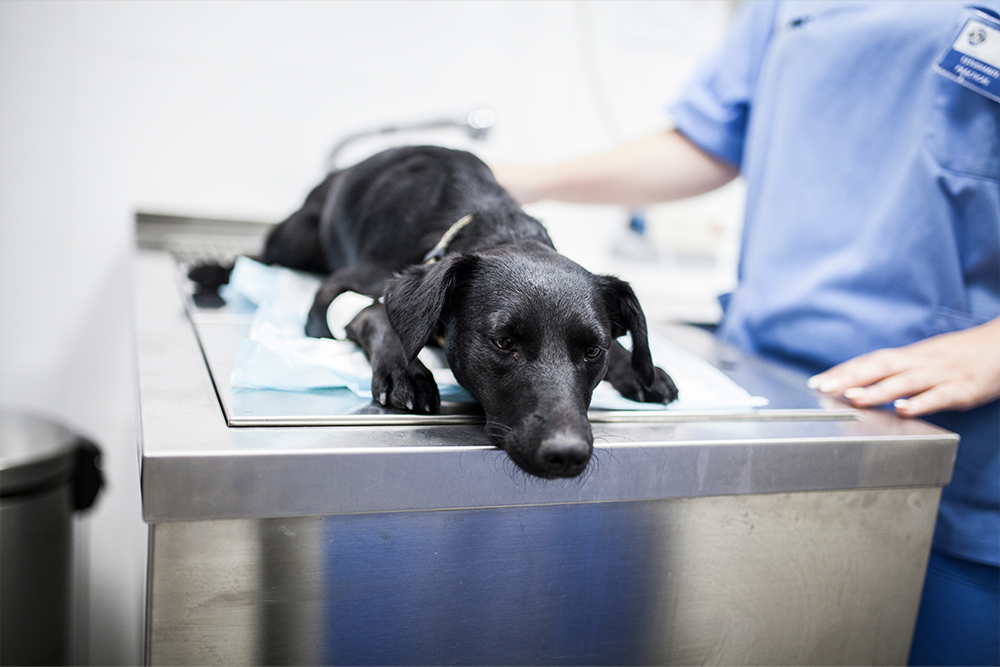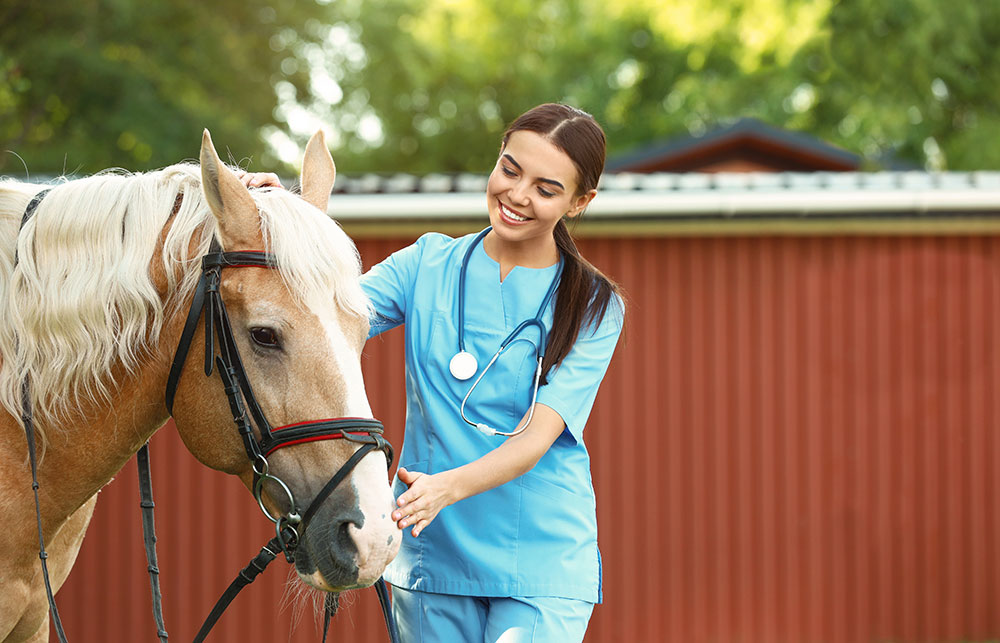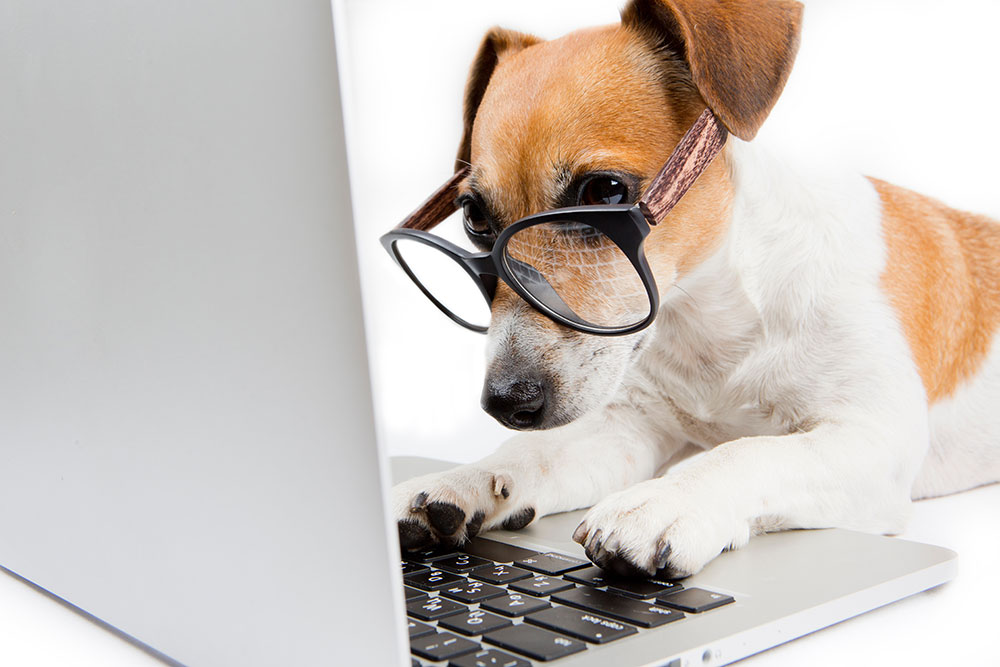We use cookies to make your experience better. To comply with the new e-Privacy directive, we need to ask for your consent to set the cookies. Learn more.
Grow Your Practice with Endoscopy

4 steps to maximize return on investment with endoscopy equipment
Author: Bob Battle, VP Technical Sales MDSVet
Endoscopy can become a viable profit center for any veterinary hospital, from solo practitioners to the largest specialty facilities. It broadens the services that can be offered and increases the quality of care for patients.
While endoscopy equipment can represent a large investment, it can also provide a sizeable return on investment (ROI) when implemented correctly. Building a smart plan is key to realizing your ROI for endoscopic equipment and services.
Here are four steps for integrating endoscopy into your practice and achieving positive ROI.
1 - Decide your specialty/practice area
There is no "one scope" that will do all endoscopic procedures. Decide what procedures interest you and select your equipment accordingly. You can choose between rigid endoscopy (e.g. rhinoscopy, arthroscopy and laparoscopy) or flexible endoscopy (e.g. gastroscopy and bronchoscopy).
You may find that you want to do both. By choosing the right brand and price point, you may be able to afford more than one type of endoscope. Multiple endoscopes will better equip you to handle a wide variety of cases and issues.


2 - Know your costs
Every business lives with budgetary constraints and realities, veterinary practices included. As you look into endoscopic equipment, thorough research can help you to allocate that budget in a responsible, practical manner.
Look to different manufacturers. As in any industry, there are different makes, models and price points in endoscopes available to customers. Consider what machine would work best for the care you plan to provide and build your plan from there. MAI Animal Health offers the ability to demo and test endoscopy equipment prior to purchase.
It is also important to examine the company's service after-sale policy. A broken endoscope is unable to help patients and as a result, does not generate any revenue. Ask companies if they service the equipment they sell and, if necessary, offer "loaner" equipment during times when your equipment is down or being serviced.
3- Estimate Your Revenues
To offset the costs of the equipment, you need to forecast the corresponding revenues.
Ask yourself the questions, "How many cases have I seen over the last week, month, year that could have been diagnosed or treated using an endoscope, and how many cases have been referred to other providers?"
The next question is, "How much should I charge for procedures like those?". Based on these numbers, you can determine if the cost of the equipment is realistically a sound investment for the future of your practice.


In general, if you do not have an endoscope, you are likely aware of someone in your area who does, or you know of a specialty or teaching hospital that can provide that service. You would likely also know what these facilities charge for the various common procedures, such as foreign body retrievals or biopsy studies of the GI and respiratory tracts. This will give you an indication of what the fee should be for this type of service.
4 - Get specific training
Training before the purchase of the equipment could save you time and money by exposing you to a modality of treatment that may, or may not, suit your personal goals as it relates to practicing medicine.
There are numerous university, and industry partners that will train you on just about every procedure known to veterinary medicine. Being proficient in any endoscopic procedure will not only make you more efficient in performing the task but will also give you better patient outcomes after treatment and generate more profits in your practice. Additionally, many of these courses offer continuing education credits upon completion.
As you evaluate whether endoscopy has a place in your practice, look to MAI Animal Health as a preferred partner in endoscopic equipment with industry-leading customer service and hands-on education options. The MAI team will help you at every step along the way, from evaluating equipment to technical service after the sale.
Learn more by shopping for endoscopes here











